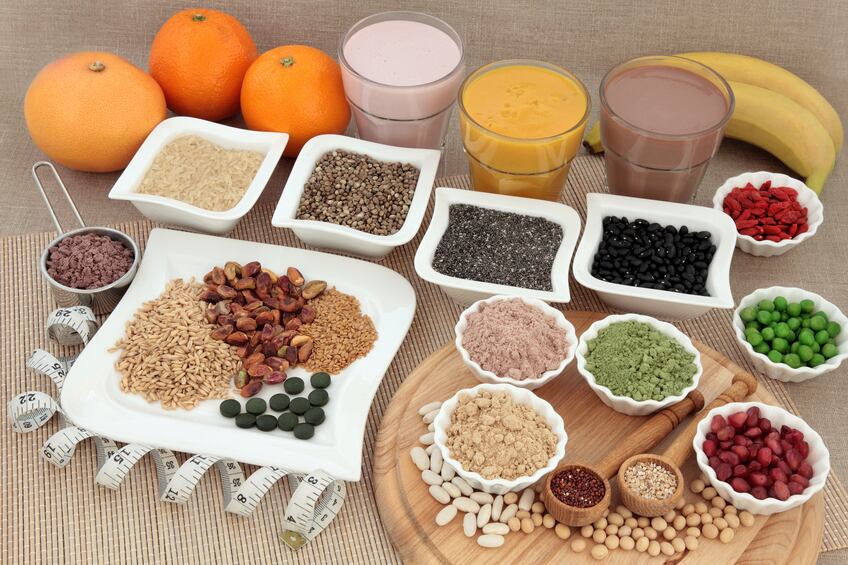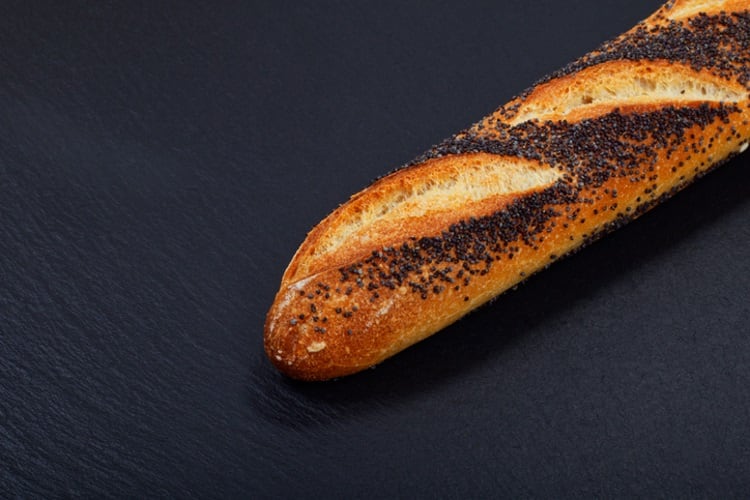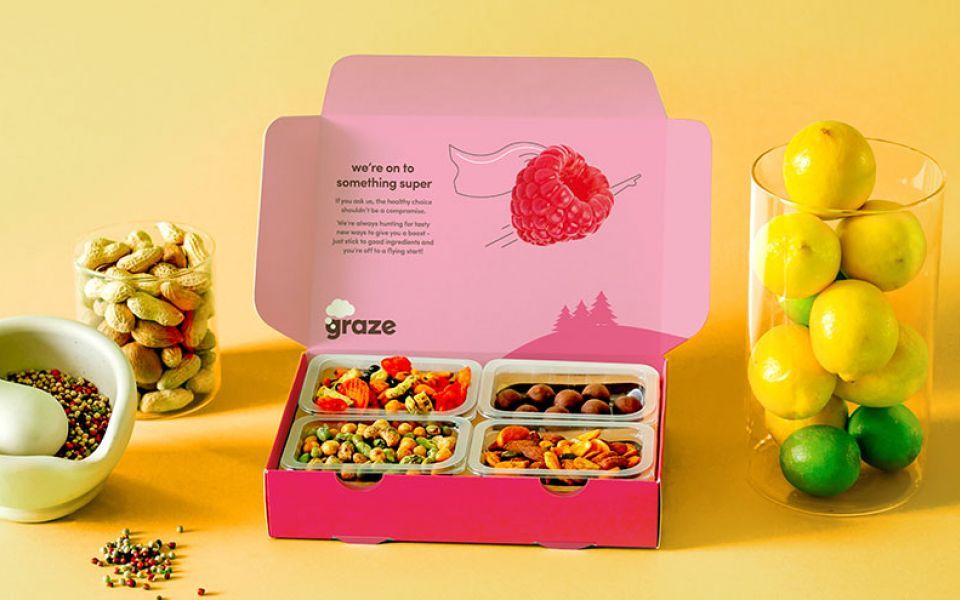The company opened the facility in Ipswich in November last year. It now hopes the technology installed at the plant -- a Napasol Rotosol unit, validated to pasteurise a full range of edible seeds including linseeds, pumpkin seeds, sunflower seeds, chia, quinoa, and poppy seeds -- will ensure its customers receive safe and high-quality seeds.
Imported nuts and seeds and salmonella risks
As consumer appetite for eating raw, paleo, and gluten-free diets has grown, so has the problem of potential salmonella contamination in unpasteurised raw nuts, seeds and dried fruit, and the associated product recalls and foodborne outbreaks.
“There is a high risk that raw products such as seeds and nuts could contain salmonella unless pasteurised,” Napasol COO Cameon Ivarson told FoodNavigator.
“Big food companies in Europe don’t want to damage their brands buy using ingredients or products that could make people sick.”
Napasol’s pasteurisation equipment works by offering easy loading and unloading of the free-flowing seeds without the need to dry thanks to the saturated steam process.
“The Rotosol is a unique solution for difficult to pasteurise seeds and powders because it keeps the load in motion during the pasteurisation. It is one of our most popular machines,” said Ivarson.
The move opens Voicevale’s scope of supply and access to new markets, according to its Managing Director Roby Danon. “The investment allows us to offer an additional layer of food safety that customers are now requiring,” he said.
The Napasol Rotosol pasteuriser is a rotating autoclave where, once loaded in the vessel, seeds are continuously blending with dry saturated steam. The batch process treats the material in a partial vacuum maintaining the saturated steam efficiency at temperatures below 100°C, thus protecting seeds from unnecessary heat.
A heated autoclave jacket walls prevent condensation, helping to maintain saturated steam conditions, and allow the pasteurised load to exit the autoclave dry. This is an important feature for difficult seeds that clump on contact with water, says the company.
Napasol has validated processing lines with customers pasteurising pumpkin seeds, sunflower seeds, linseeds, chia, poppy, quinoa seeds, and different grains, to the >5-log Salmonella reduction standard widely required by retailers and the food industry.




